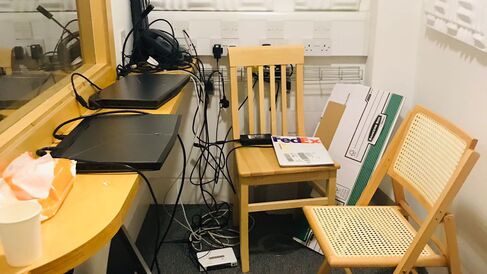Personalized Emotional caRe uSing human-rObot iNterAction (PERSONA)

With the advent of technologies like caregiving robots for the elderly, robotic nursing care and smart prosthesis, it is evident that the boundaries between humans and machines are blurring and autonomous systems are making a mark in the medical and healthcare arenas.
A study conducted by Boo et al has investigated that psychological distress affects mindfulness in young adults thereby significantly affecting their academic performance. Using human machine interaction, for investigation of the emotional well-being of children, can provide detailed insights into their mental health. However, current intelligent systems are very rigid, asynchronous and have a very ‘mechanical’ and ‘pre-programmed’ nature of interaction, limiting their application in psychological care especially child psychology.
Our project focuses on using HRI methodologies in the domain of psychological care, i.e. promoting emotional and mental well-being in individuals, especially schoolchildren. This could have lasting implications on their academic performance, better stress management capabilities and in general, promoting superior mental health. This could have lasting implications on their academic performance, better stress management capabilities and in general, promoting superior mental health.
